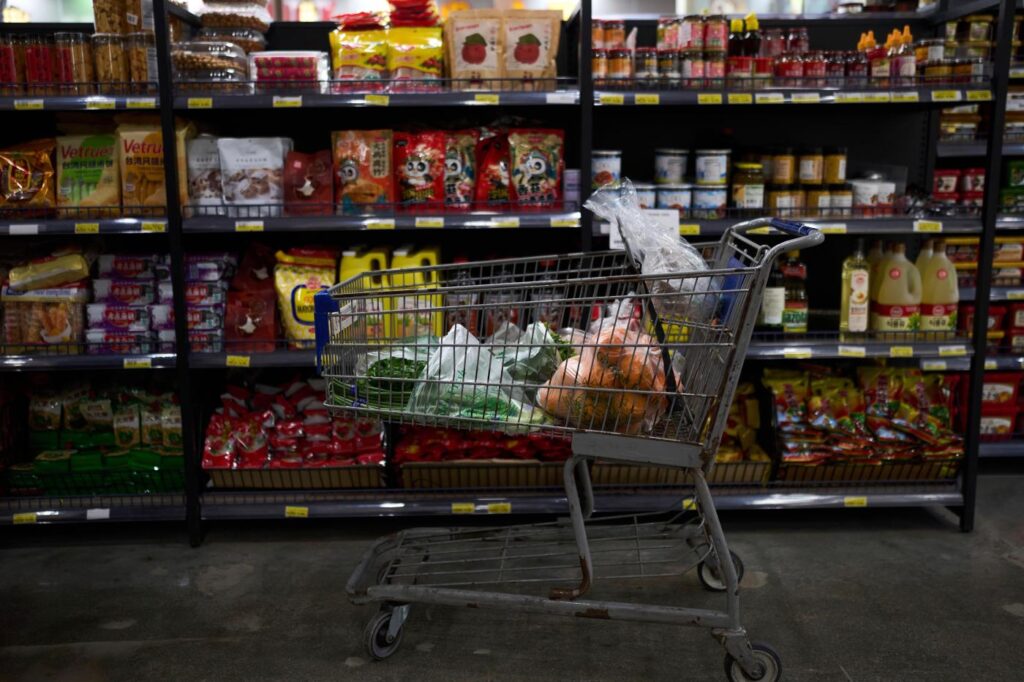
URGENT UPDATE: The Elgin City Council has just approved a 1% grocery tax that will replace the Illinois grocery tax being phased out by the state. This decisive move will generate $1.2 million annually, funding critical lead service line replacement efforts in Elgin, Illinois.
During the council meeting on Wednesday, officials emphasized the immediate need for revenue to avoid impacting the city’s budget. The state grocery tax is set to end on January 1, and municipalities have until October to implement local taxes. Neighboring communities, including Carpentersville and South Elgin, have already enacted similar measures.
City Manager Rick Kozal highlighted the financial implications, stating that without this tax, the city budget would face significant losses. “We must find a financial source that won’t burden residents and businesses,” Kozal asserted.
Councilwoman Diana Alfaro expressed strong support for the tax, noting it prevents increased property taxes. “There are hard decisions ahead, especially with federal cuts,” she remarked. “Losing $1.2 million would severely hinder essential infrastructure work.”
Councilman Steve Thoren supported the continuation of the grocery tax, pointing out that residents are already accustomed to paying it. He emphasized the necessity of using these funds for the ongoing lead service line replacement program, which is currently in its fifth year of a $150 million initiative. Elgin has approximately 10,000 lead service lines, with 2,789 already replaced.
However, Mayor Dave Kaptain voiced opposition to the tax, arguing families are already grappling with rising costs for essentials like electricity and groceries. “This is one thing we can control,” he stated, suggesting that the lost revenue is negligible compared to the city’s $370 million budget.
Councilwoman Tish Powell countered, clarifying that the tax is not a new burden but a continuation of an existing one. “It’s paid by both residents and visitors, and those on SNAP benefits will not be affected,” she explained. “Giving up $1.2 million would be shortsighted.”
As Elgin moves forward with this grocery tax, residents should prepare for the impacts on local infrastructure and services. The city is committed to tackling the lead service line issue, with a projected timeline of 12 years to complete the replacement program.
Stay tuned for further updates as this story develops and impacts the Elgin community. This decision not only affects city budgets but also the health and safety of residents relying on clean drinking water.







